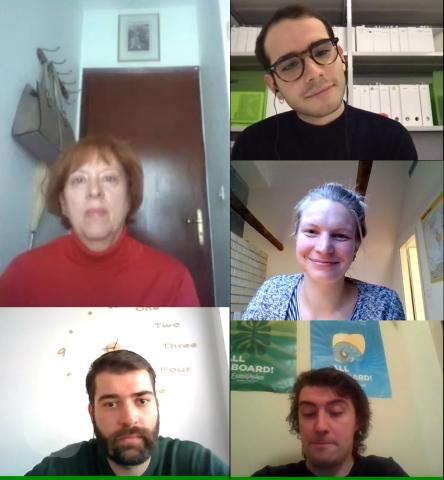What are the generic skills of a cleaning professional in HORECA bussiness?
Module: Generic Skills
- Overview
- How to implement this action
- Why is this action important?
- Expected benefits
- Difficulties associated with this action
- Time required to implement this action
- Does this action require financial investment?
- Costs associated with this action
- Will this action require you to train other cleaners or staff?
- Type of training required
- References
The Unit addresses the generic skills that are essential for a cleaning professional in a HORECA business. It provides them generic skills to make them better at their jobs. The Unit addresses the generic skills debate within HORECA industry.
It is designed in order to meet both HORECA industry and cleaners expectations by delivering the generic skill sets needed in the workplace and will recruit the attendants with the right attitude and abilities. It addresses the most important GENERIC skills in HORECA Business:
- Time management.
- Communication between employees (soft skills)
- Leadership.
- Non-verbal communication.
Adapt to the participants and understand their degree of knowledge regarding the generic skills and their importance for their job. If the training is adjusted to the abilities of the participants, they will perceive the training as an achievable challenge.
Involve employees in training decisions – once that the training needs were identified, the next step is to ask the employees what relevant skills they want to improve through training. They may have some good ideas
Take learning preferences into account – it is important that the company finds out how each employee prefers to learn. Some people may enjoy group learning, while others prefer individual study. Some people learn best by listening, others by watching and some by getting hands-on experience as soon as possible. It is important to explain the different training options and let the employees know that their training preferences will be considered;
Develop the training plan. It is important to select the training option which meets the needs of the business and the way employees learn best.
Generic skills are important for HORECA cleaning manager. HORECA cleaning manager must regularly communicate with clients, coworkers and supervisors to ensure that the expectations for each cleaning are thoroughly understood. Without good communication skills, a HORECA cleaning manager may not meet the needs of the client or overlook important components required to complete a particular job.
HORECA cleaning managers often work directly with clients and must be able to work well with others to be successful at their job. Common interpersonal skills include dependability, teamwork and responsibility.
HORECA cleaning managers often work on their own or in a small group of other housekeepers and must complete a set number of cleanings each day. Being able to properly manage time is a key skill needed by HORECA cleaning managers to ensure they complete all cleanings in a timely manner. They must also be punctual for cleaning appointments and finish cleaning in the time frame expected by the client.
This Unit will help the hardworking cleaning professionals to become more positive, make a conscious decision to change their thinking, accept that work brings difficulty and negative moments and to live effectively within the challenging times and take pride in their work. They should take pride in each facility that they clean and know that they have done the best job possible. This helps ensure that the clients are satisfied and keeps them motivated in their work. Taking pride in their job also encourages them to keep honing their housekeeping skills so that they become more effective and successful.
The difficulties that may arise are:
- Unwillingness or inability of workers to participate
- Inadequate motivation and interest among other cleaners for gaining appropriate education and professional skills in this sector. Workers often assume that development must lead to staff working towards being managers rather than deepening their skills at an employee level.
The time a user need to carry this action depends on the method of training that will be selected.
The cost associated with this action depends on the training method chosen.
Other cleaning staff will be also trained.

